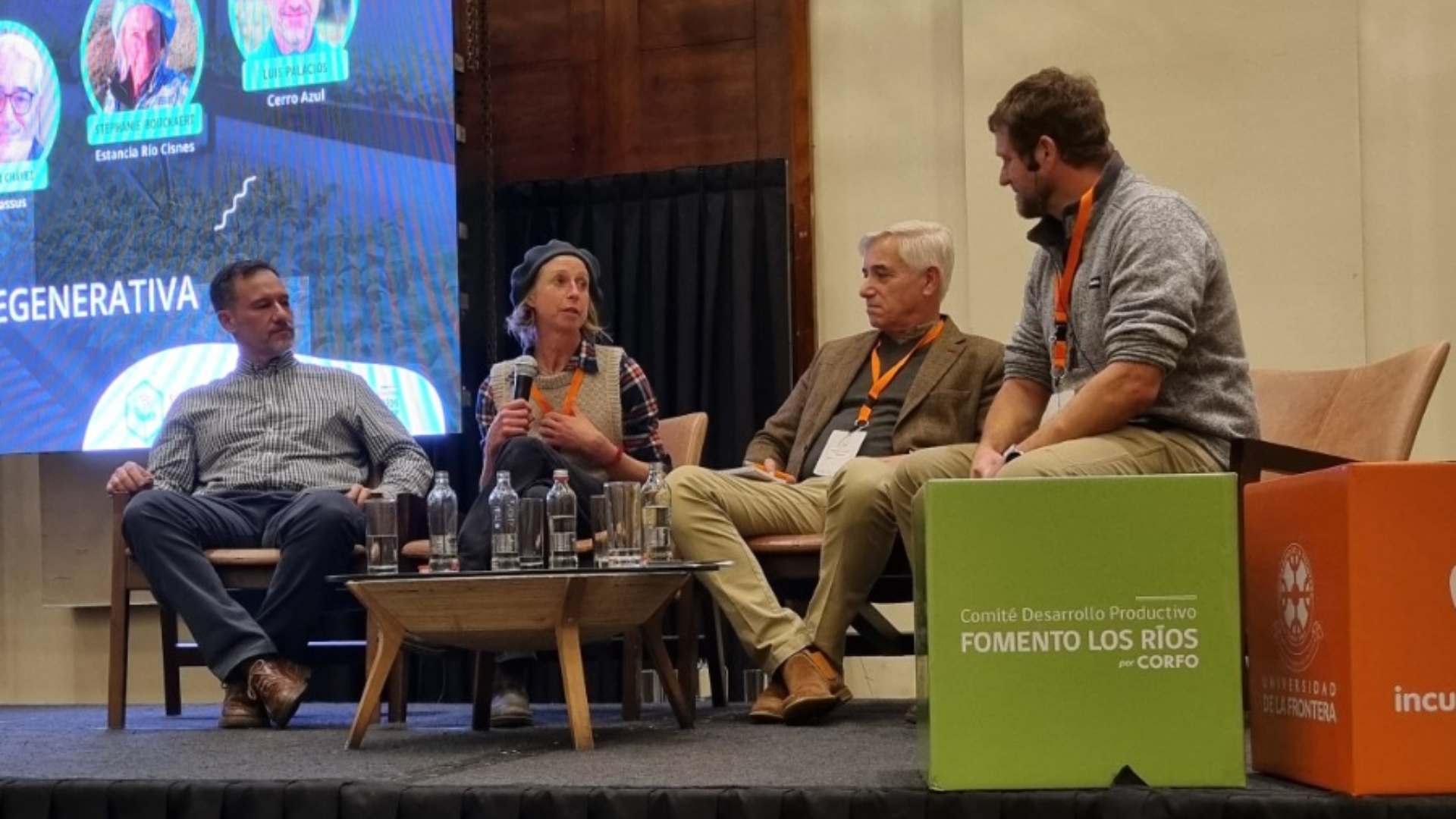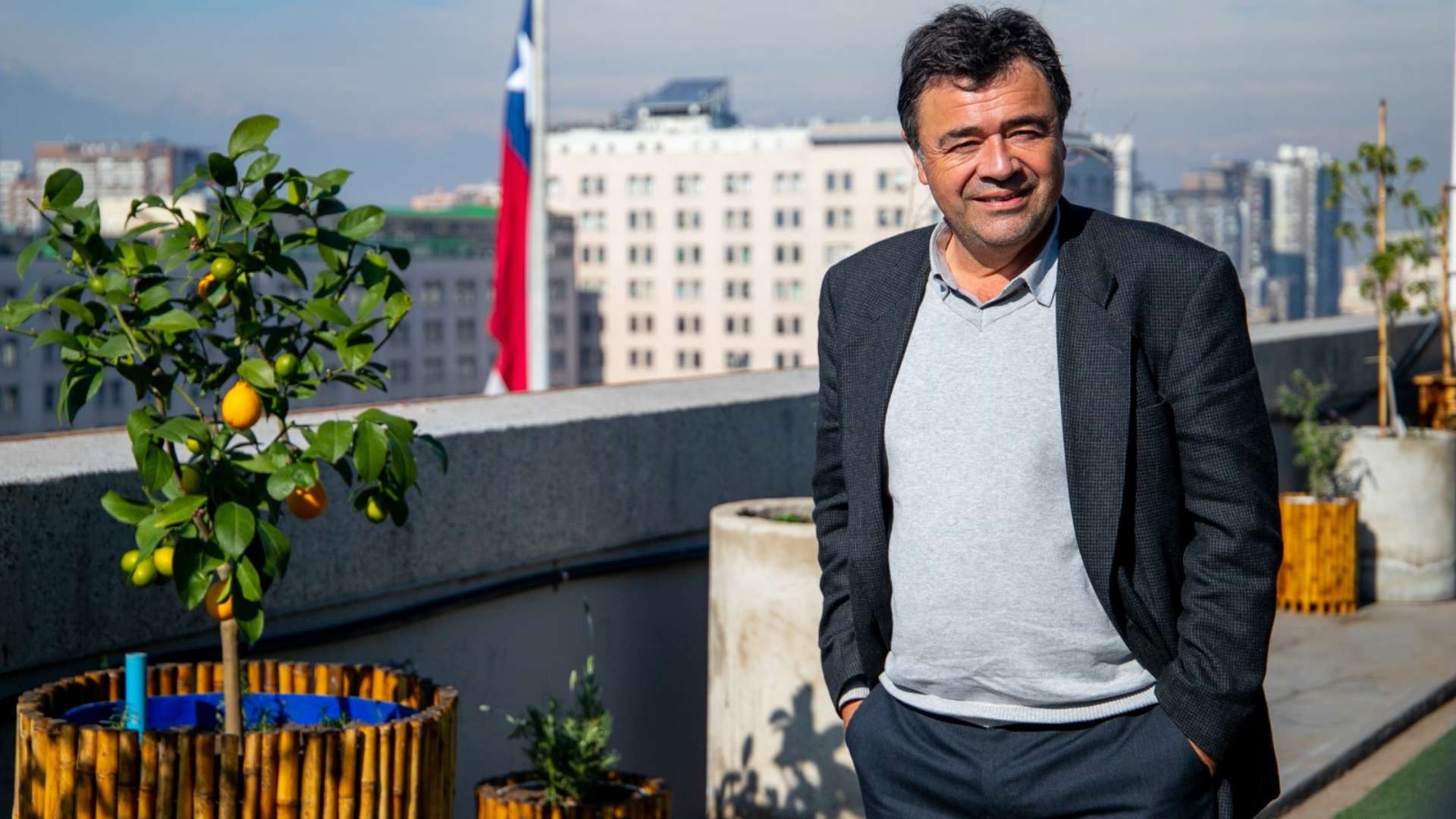
IncubatecUFRO and Fomento Los Ríos provided a positive assessment of the event, which brought together more than five hundred entrepreneurs, businesspeople, academics, innovators, and agro service providers around the agro-food industry. The event, held at the Hotel Dreams in Valdivia, was the epicenter of innovation and sustainability in the industry for two days, bringing together all actors in the sector’s value chain to discuss and share experiences about the future of value-added food, production processes, and the challenges of agriculture in the current climate change scenario. Pablo Díaz Barraza, director of Fomento Los Ríos, stated, “This event brought together all the actors in such an important chain as the value-added food chain. The participants’ interest in AgriFood Los Ríos reflects the importance given to innovation and technology in the agro-food sector, and in this regard, we are committed to continuing to work to stimulate the region’s agro-food ecosystem with activities like this.” Cristian Campomanes, director of IncubatecUFRO, added, “As the Business Accelerator of the Universidad de La Frontera, we are pleased to bring such events to the regions, where we managed to concentrate more than 60 exhibitors from the region, Chile, LATAM, and Europe over two days to strengthen the agro-food chain of the southern and austral macrozone of the country. Adding value by opening opportunities in the countries of the exhibitors – as in the case of Brazil – by generating links between companies, academia, and enterprises towards innovation centers, soft-landing possibilities, among others. We are very satisfied with the reception, contributing knowledge and contact networks that benefit the industry, and we are happy with the results and the support of the CORFO Fomento Los Ríos Committee.” Topics Covered The AgriFood Summit Los Ríos was a true milestone in promoting innovation and sustainability in the agro-food industry. Among the topics covered during the two days were soil health, regenerative agriculture, circular economy, artificial intelligence for agriculture, collaborative ecosystems, food and identity, applied biotechnology, waste revalorization, and nature-based solutions, among others. Regarding this last item, Laura Meza, climate action specialist at CEPAL, stated, “Nature-based strategies are not new to agriculture, since production takes place in an agroecosystem. But this new way of naming them aims to highlight their positive impacts in more than one dimension, whether environmental, social, or economic. The reuse of treated water through constructed wetlands, for example, ensures water for irrigation in the face of water scarcity and adapts to climate change.” Sustainability was another key topic addressed at the event, highlighting the urgency of adopting practices responsible to the environment and society. Similarly, value-added foods were a highlight, demonstrating how innovation can add quality, nutritional value, and differentiation to agro-food products. The event featured opportunities to increase knowledge and relationships among attendees through keynote speeches, panel discussions, and networking spaces to link knowledge and technology providers with startups, sector experts, and academia, also including stands and a business showcase.



 Related News
Related News Countdown begins for the most important innovation congress in Latin America’s agri-food sector
Countdown begins for the most important innovation congress in Latin America’s agri-food sector
 InvestChile will be part of the CfiAgrotech 2023 International Congress and Trade Fair
InvestChile will be part of the CfiAgrotech 2023 International Congress and Trade Fair
 Cfiagrotech participated in an important launching of certification in regenerative agriculture.
Cfiagrotech participated in an important launching of certification in regenerative agriculture.
